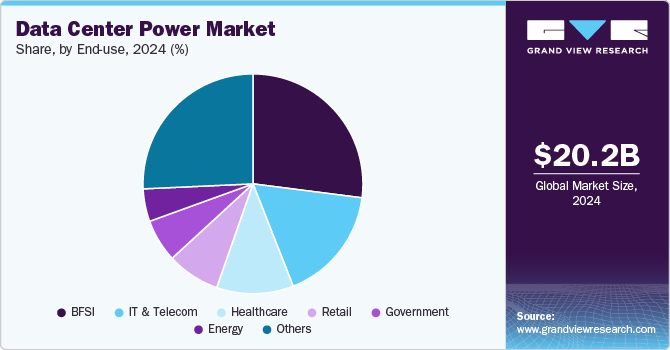Synthetic Fibers Category - Procurement Intelligence
The global Synthetic Fibers Category is anticipated to grow at a CAGR of 7.4% from 2023 to 2030. The majority of the global textile market is made up of synthetic fibers because of their affordability and functional qualities. In 2023, owing to its performance advantage over natural textiles, synthetic fibers currently account for more than 60% of all fiber usage globally. In contrast to materials like cotton, silk, or wool that are derived directly from plants or animals, synthetics are made wholly of chemicals. The most popular kinds are petroleum-based and include nylon, polyester, rayon, acrylic, and spandex. By material type, polyester is the most popular one and dominates the category accounting for 48 - 52% of the total fiber production in 2023.
With an increasing focus on sustainability, one of the major trends has been the use of sustainable colorant solutions and functional additives (for chemicals, dyes, spin-dyeing, and finishes) for coloring and modification of the category in focus. The rising demand for synthetic fibers over natural fibers can be primarily attributed to their wide availability, and cost-effective prices, along with a wider range of applications across industries. Furthermore, the increasing demand for the product in many consumer goods, accessories, and apparel is driving the growth of the category.
Order your copy of the Synthetic Fibers Procurement Intelligence Report, 2023 - 2030, published by Grand View Research, to get more details regarding day one, quick wins, portfolio analysis, key negotiation strategies of key suppliers, and low-cost/best-cost sourcing analysis
The synthetic fibers category is fragmented. Textile manufacturers are increasingly engaging with regional players to gauge consumer behavior/preference patterns and capture a wider domestic market. Large companies such as Indorama, Mitsubishi, and Sinopec have integrated in-house manufacturing facilities that can produce the fibers from start to finish. Hence, the bargaining power of such specialized large-scale suppliers is moderately high. Regionally, there are numerous players based on different types of polymers which add to increased fragmentation and reduces the bargaining power to low.
The key cost components include raw materials, energy, equipment and technology, labor, facilities, and marketing. Other costs can include legal and tax, indirect or overheads, repairs and maintenance of plants or facilities, transportation, etc. Synthetic fibers production needs a significant amount of crude oil and energy. Acrylonitrile is the key raw material for producing acrylic fabric. The synthetic insulating material known as fleece is made of polyethene terephthalate. Polyamides are needed to make nylon. Similarly, olefin is another material composed of fibers of polypropylene and polyethene. Hence, raw materials form a crucial cost component and any fluctuations in the cost of raw materials will dramatically impact the total cost of production.
List of Key Suppliers in the Synthetic Fibers Category
- Bombay Dyeing
- DuPont de Nemours, Inc.
- Indorama Corporation
- Lenzing AG
- Mitsubishi Chemical Corporation
- Sinopec Shanghai Petrochemical Co., Ltd
- Toray Chemical Korea Inc.
- Teijin Limited
- Reliance Industries Limited
- Toyobo Co., Ltd
Synthetic Fibers Procurement Intelligence Report Scope
- Synthetic Fibers Category Growth Rate: CAGR of 7.4% from 2023 to 2030
- Pricing Growth Outlook: 10%-20% (Annually)
- Pricing Models: Volume-based, contract-based, and competitive pricing model
- Supplier Selection Scope: Cost and pricing, past engagements, productivity, geographical presence
- Supplier Selection Criteria: Production capacity, type of polymer, tensile strength, temperature resistance, moisture absorption, certifications, operational and functional capabilities, technology used, and others
- Report Coverage: Revenue forecast, supplier ranking, supplier positioning matrix, emerging technology, pricing models, cost structure, competitive landscape, growth factors, trends, engagement, and operating model
Brief about Pipeline by Grand View Research:
A smart and effective supply chain is essential for growth in any organization. Pipeline division at Grand View Research provides detailed insights on every aspect of supply chain, which helps in efficient procurement decisions.
Our services include (not limited to):
- Market Intelligence involving – market size and forecast, growth factors, and driving trends
- Price and Cost Intelligence – pricing models adopted for the category, total cost of ownerships
- Supplier Intelligence – rich insight on supplier landscape, and identifies suppliers who are dominating, emerging, lounging, and specializing
- Sourcing / Procurement Intelligence – best practices followed in the industry, identifying standard KPIs and SLAs, peer analysis, negotiation strategies to be utilized with the suppliers, and best suited countries for sourcing to minimize supply chain disruptions


No comments:
Post a Comment